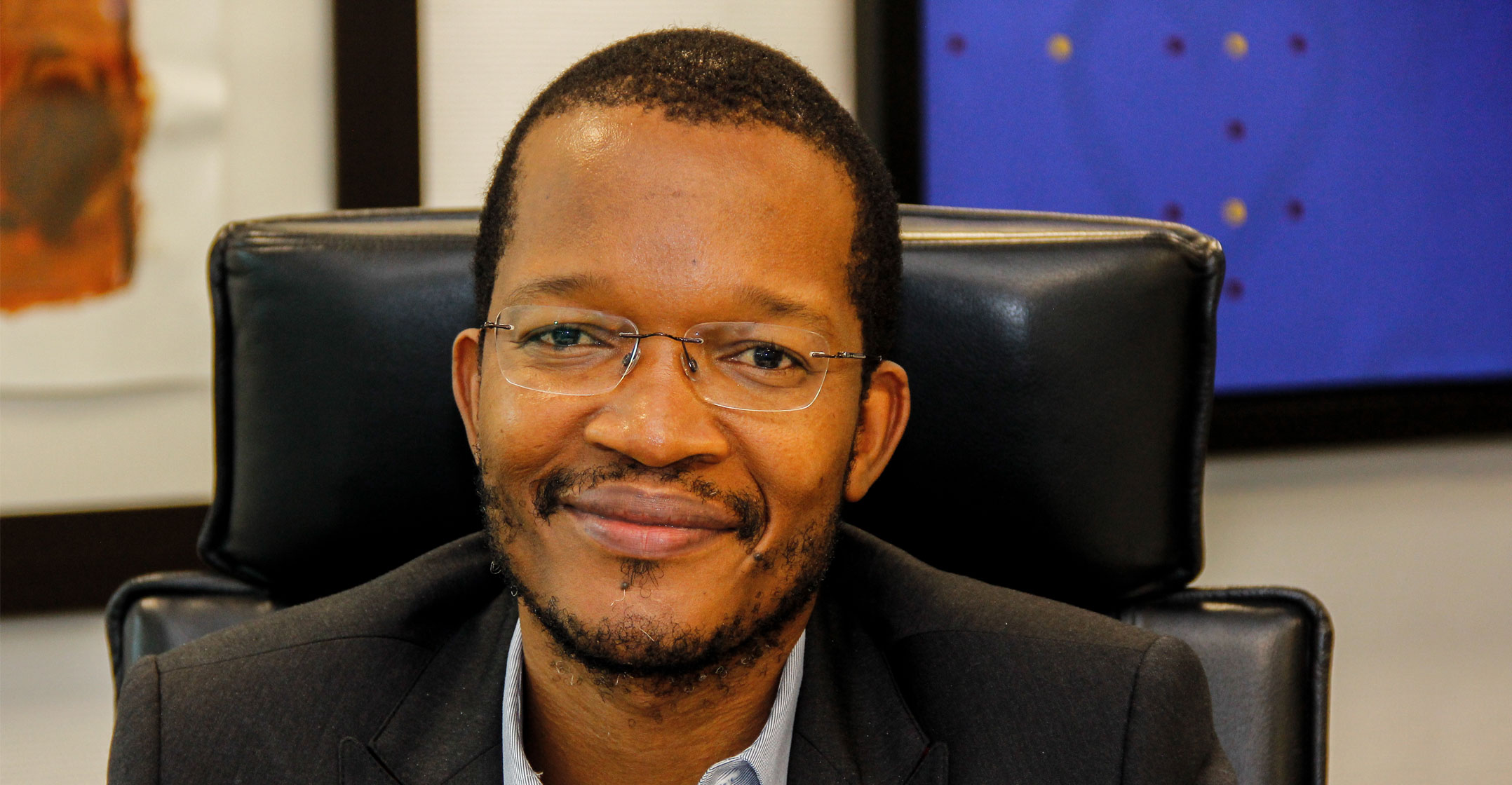
Government has been criticised by South Africa’s two biggest telecommunications operators over the Electronic Communications Amendment Bill, which Vodacom and MTN say fails to deal with their urgent requirement for access to new spectrum.
The amendment bill, approved by cabinet 10 days ago, does not address the telecoms industry’s “urgent need to access available spectrum”, Vodacom CEO Shameel Joosub said. Nor does it provide “certainty on licensing of current and future spectrum”.
MTN South Africa CEO Godfrey Motsa said the risks associated with the bill are “extensive and significant”. The proposed legislation will discourage investment in the sector, he said.
The two top industry executives’ remarks come after the amendment bill, which was approved by cabinet in mid-November, was blasted by the Free Market Foundation. The bill, if enacted, will make sweeping changes to the governance of the ICT sector in South Africa.
Although Joosub said Vodacom is encouraged by the intent of the telecoms ministry in publishing the amendment bill, and welcomed “extensive discussions with the industry to find a workable solution, some current legal clauses of the bill do not give full effect to the practical outcomes of the engagement process”, Joosub said in an e-mailed response to questions from TechCentral.
Vodacom, he said, “fully supports the transformative objectives” of government’s national integrated ICT policy white paper — the precursor to legislation. This includes making broadband more accessible and affordable, he added.
One of the most contentious aspects of the white paper is the proposal to create a wholesale open-access network from which other telecoms licensees will be expected to buy capacity. The Free Market Foundation has warned that this “Woan” will, in effect, create an infrastructure monopoly in South Africa.
“On the one hand, the bill is vague on how the Woan will operate. On the other, it is clear about what is required from industry and that the Woan must be operational before spectrum may be made available to industry players,” Joosub said.
He welcomed that the bill provides the legislative framework for the rapid deployment of telecoms infrastructure, which he said will allow for the “speedy deployment of national broadband infrastructure”.
Motsa said MTN is “greatly concerned” about the amendment bill.
“The risks associated with this bill are extensive and significant,” he said in remarks e-mailed to TechCentral on Sunday.
“This bill will discourage investment in the sector. A slowdown in capital investment in our mobile networks will degrade the service and quality of the networks. This will have serious and unintended consequences, including the hindering of economic growth with a negative impact on job creation,” Motsa said.

He said the amendment bill fails to address the “single biggest issue facing the local telecoms industry, which is the serious ‘spectrum crunch'”.
“The withholding of spectrum will result in mobile operators needing to scale back plans for continued growth into rural areas. Operators will have no option but to re-farm the spectrum and to further densify their networks at increased cost, to cope with the ever-growing urban demand for data. As a consequence of this, data costs will not be driven down, with the impact being worst felt by South Africa’s most economically marginalised communities.”
Motsa urged government to adopt the “hybrid model” proposed by the big operators, which he said was produced following a year of “active collaboration between both the ministry and the industry”.
“The new bill deviates substantially from that proposal. Mobile connectivity continues to be a powerful driver for social change. Together, government, policy makers and the industry must find a way to bridge the digital divide, helping deliver economic stability and inclusion for all.”
No comment
Cell C spokeswoman Karin Fourie said the operator has no formal comment yet on the amendment bill.
Telkom spokesman Gugulethu Maqetuka said Telkom is still studying the implications of the bill. “We will comment fully on the implications of the proposed amendments once we have analysed them,” he said. “In our view, any amendments must address the current uncompetitive structure of the ICT sector, characterised by a duopoly. This duopoly is the result of past policy and regulatory interventions, which require redress.”

Last week, the Free Market Foundation blasted the amendment bill, saying it “ignores months of behind-closed-doors negotiations” between the top-six mobile network operators and the government. It warned that government is effectively creating a new monopoly in the sector, threatening investment and upending an industry that has delivered communication services to most South Africans.
Foundation executive director Leon Louw said three key issues of concern in the 2016 white paper remain in the amendment bill. There’s the plan to implement a “monopoly network” in the form of the Woan; a clause that requires mobile operators to return previously allocated spectrum “in which they have invested billions” of rand; and a requirement for mobile operators to provide access to their network infrastructure to competitors at cost-based pricing. — © 2017 NewsCentral Media




